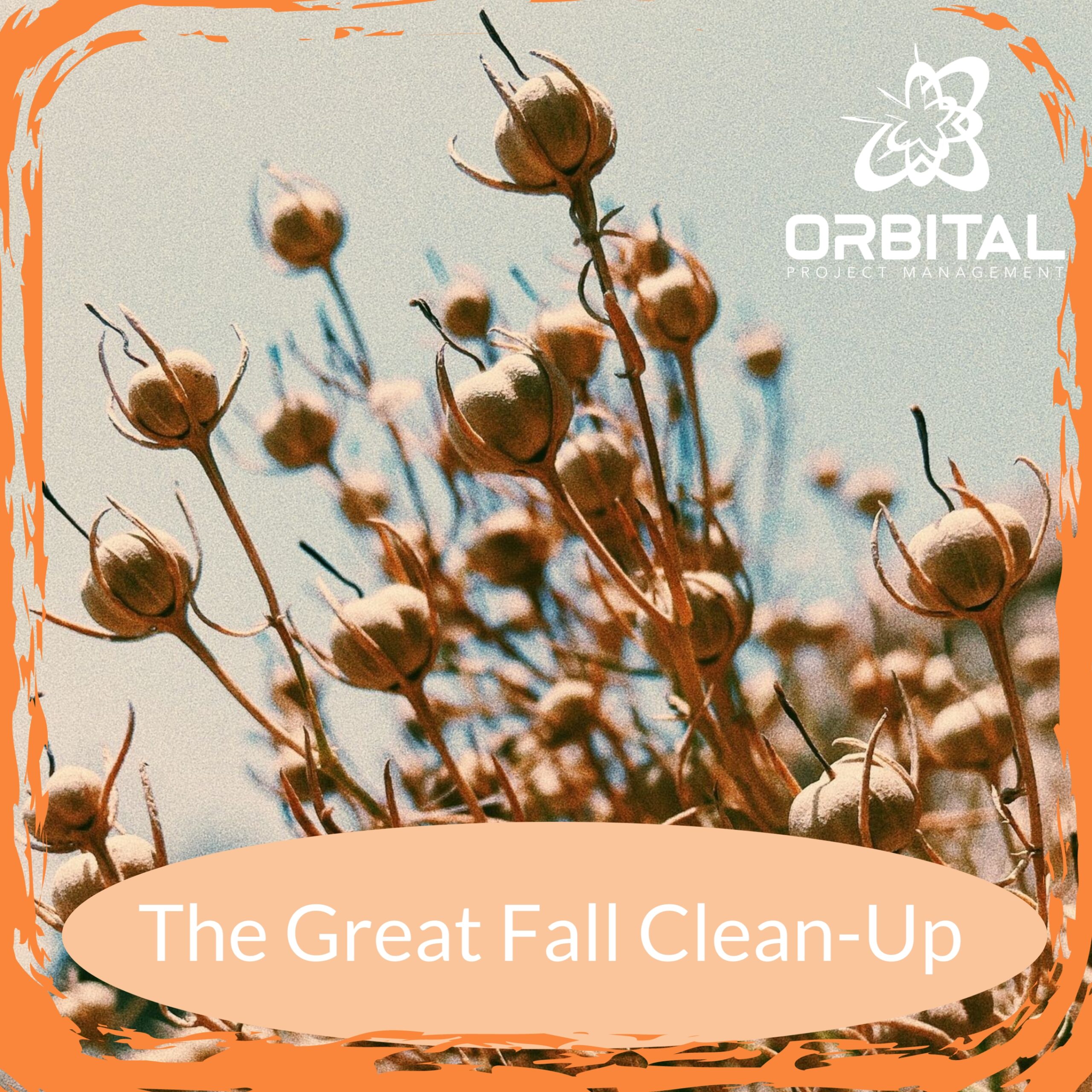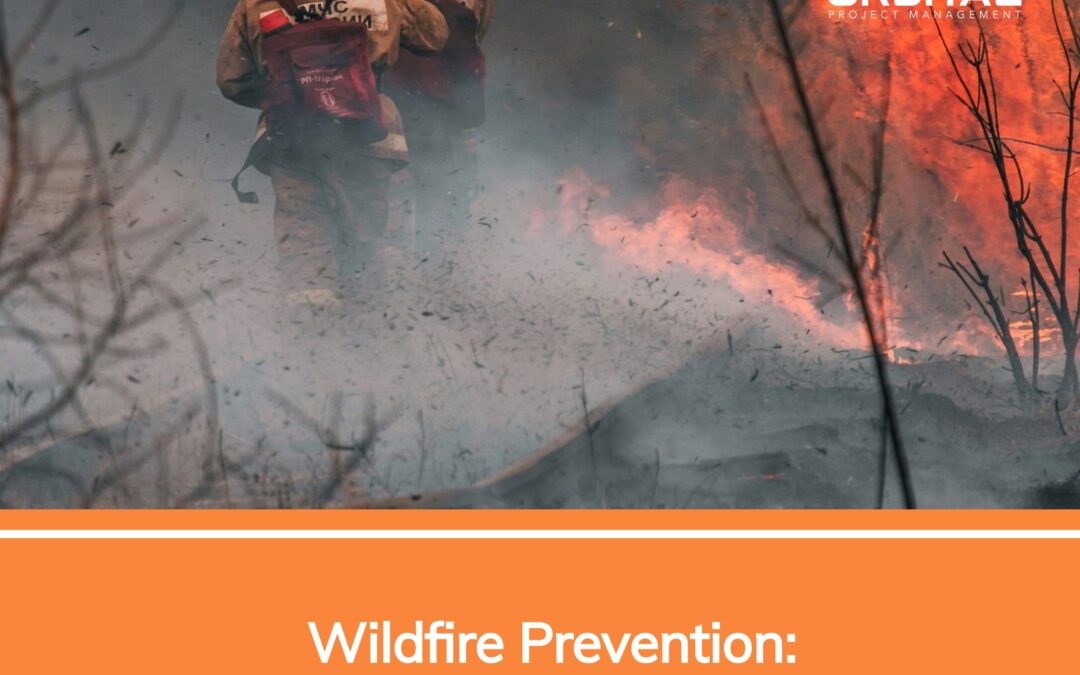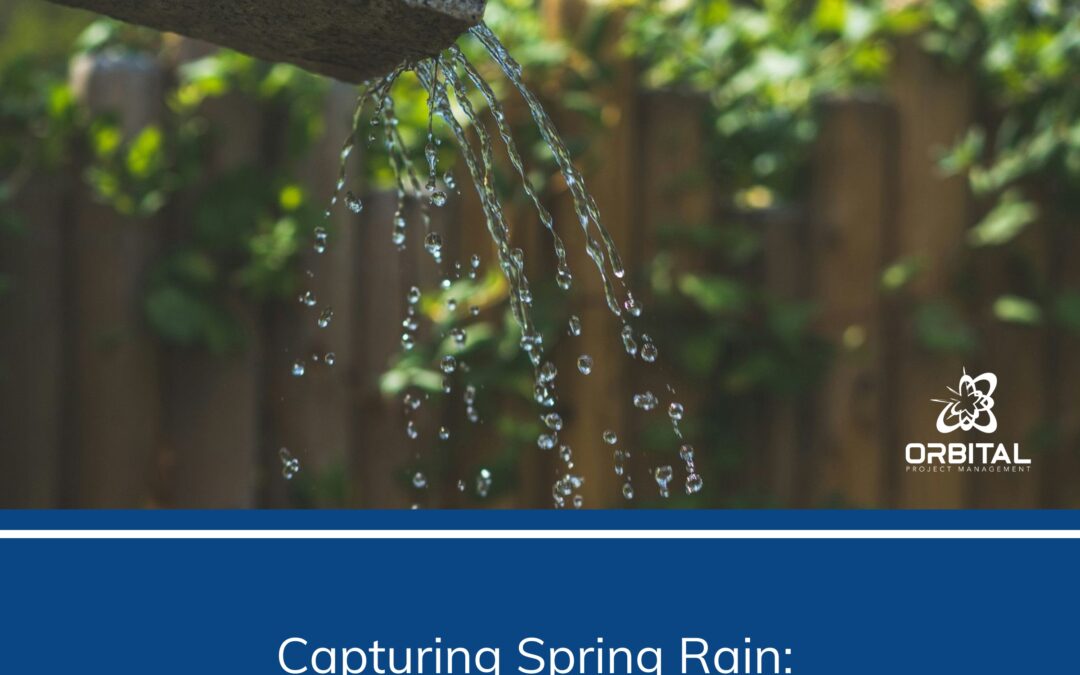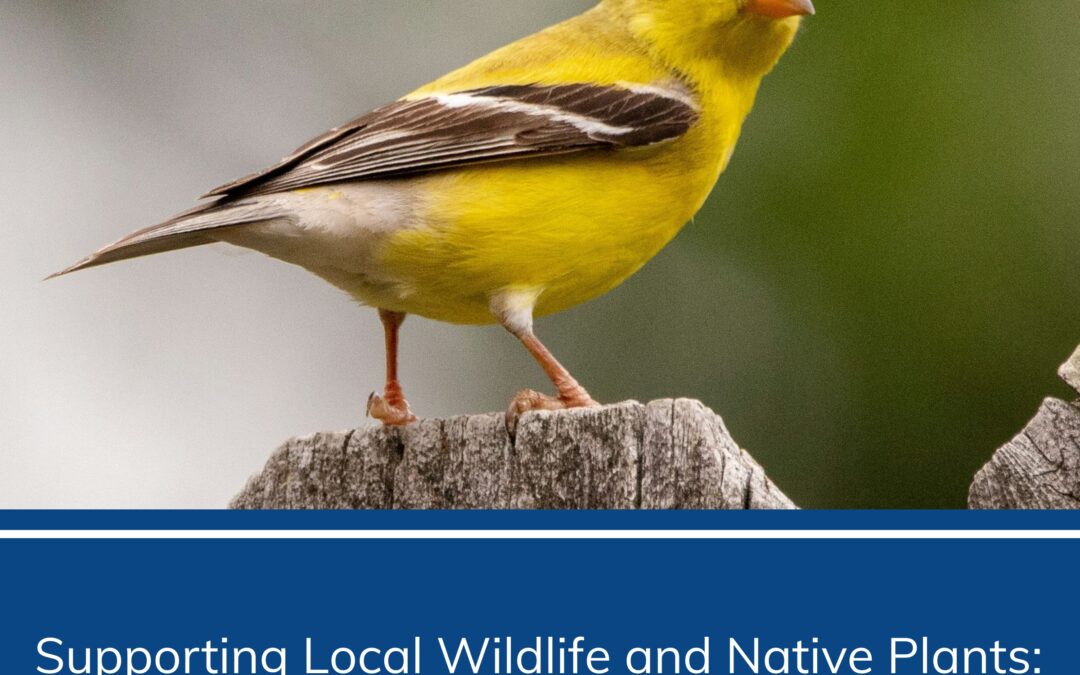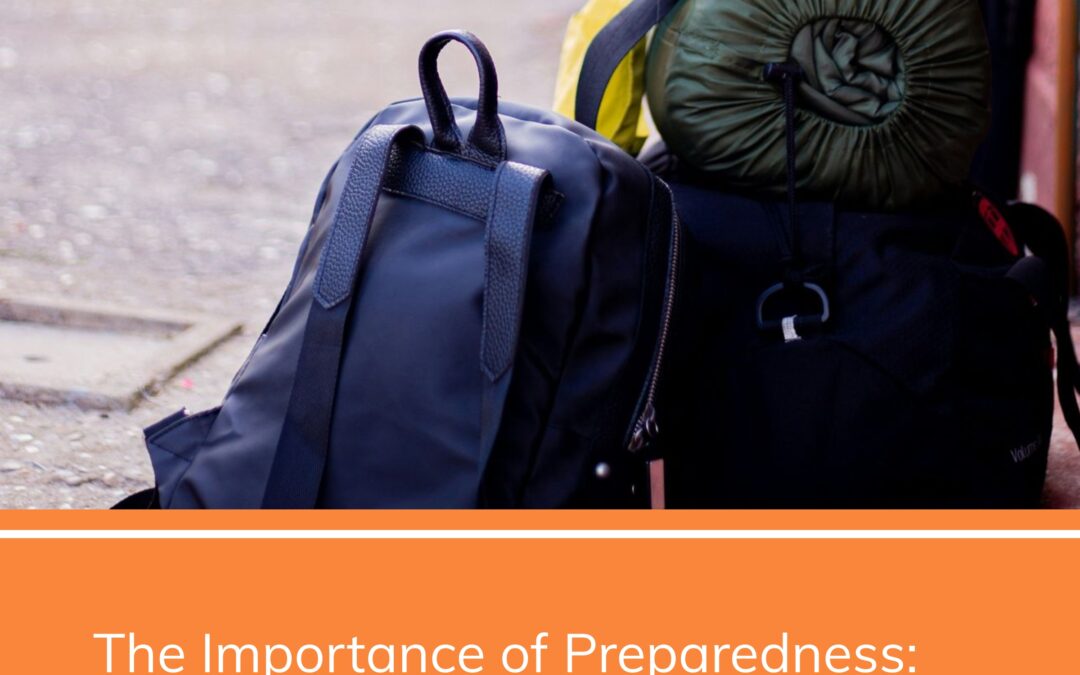If you reside in one of the more temperate areas of the country, now is the time to plan and prepare yards and gardens for 2024.
Before the Freeze
There are several things to continue doing before dipping temps put your plants to rest for the season. Each of these action items will set you up for an easier start in the garden for 2024, as well as ensuring your plants begin the year with their best root forward.
Weeding
Yeah…It ain’t over ’til it’s over. Removing as many weeds as possible now means a much easier start to gardening next spring. Your long winter break from this seemingly endless task is coming, but it isn’t here yet.
Watering
If you live in a region that has suffered from drought-like conditions or simply less rain than is needed to keep soil moist, keep watering until the ground freezes. This will improve your plants’ chances of overwintering successfully and having a strong start in the spring.
Removing Diseased Material
While you don’t want to do any hard pruning until plants are dormant, it is never too soon to remove diseased plant leaves or small branches that show signs of damage. Be sure to dispose of the material far from garden areas to stop the spread of pests and diseases. Do NOT compost any plants with obvious signs of disease or insect damage.
Disposing of Vegetable Garden Plants
Remove all plants in the fall and dispose of them away from the garden. Do not compost food garden plants as they may harbor insects or diseases that could overwinter and get next year’s garden off to a major disadvantage.
Leaving the Leaves
So many beneficial organisms rely on leaf litter to survive the winter. While you shouldn’t leave leaves on grass, you can use a mulching blade on your mower to naturally add the organic matter back into the turf. In other areas of the yard and garden, leave the leaves until after the spring thaw is here and the chance of freezing temps has passed. If you must rake the leaves, consider composting them. They are a powerful addition to yard waste compost.
After the Freeze
Time for some cutting. While most perennials (especially those with seeds that can be used by wildlife) can be left until spring, others do much better with a good trim after a few hard freezes. Phlox, hostas, peonies, certain irises, and bee balm are some of the species that often suffer from powdery mildew or harbor pests that can destroy the plant. Look up the specific plants in your garden for advice on how and when to trim them back for best results. Again, any damaged or diseased leaves should not be composted or disposed of where they may cause damage for the following year.
Congratulations
…on your easier start to 2024’s yard and garden. The beneficial insects and other wildlife that had a welcome place to overwinter and thrive will be well prepared to help your plants get off to a great start. In just a few short months the seed catalogs will arrive, and we will be back to indoor plant starting once again.
Did you miss OPM’s 2023 Garden-Along series?
Never fear. Simply sign up for our monthly newsletter, The Nucleus, and you’ll have access to all the prior issues with links to each month’s installment.

